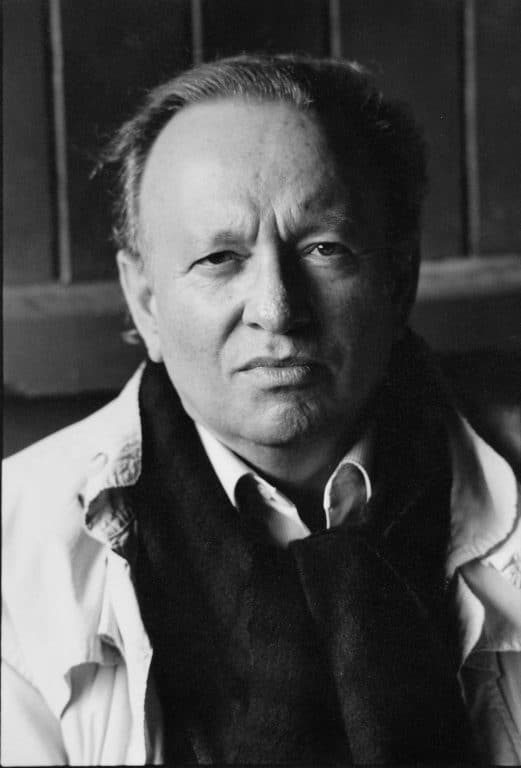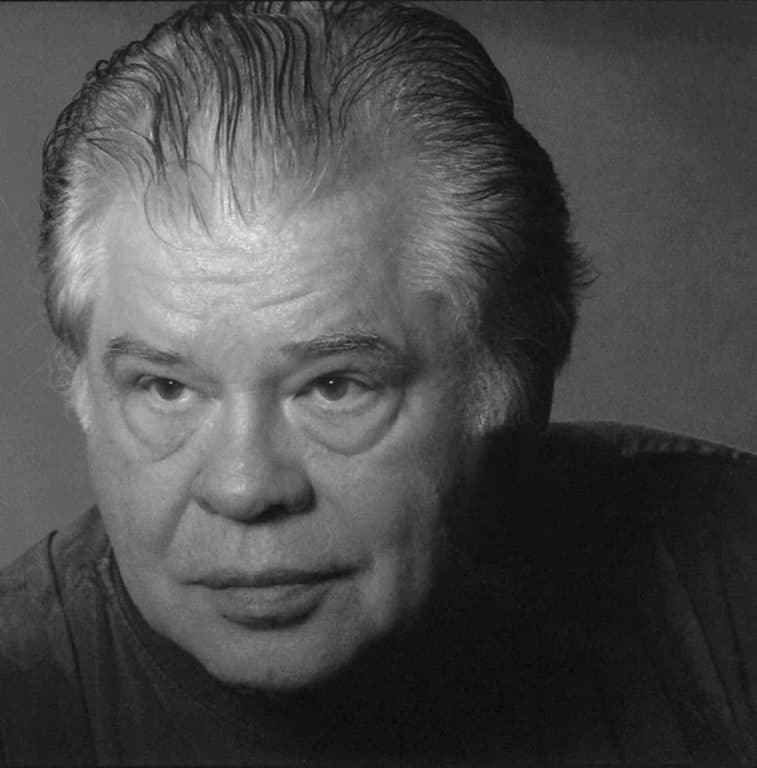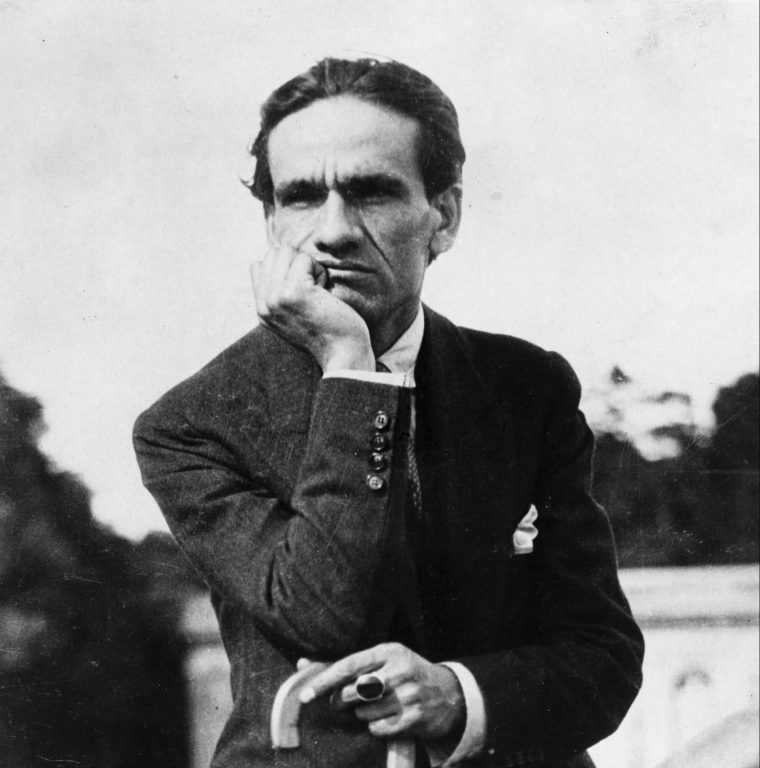What does Fanny Howe accomplish with such swift and surprising intensity in this excerpt from the eponymous poem “On the Ground”, from her collection that graced the 2005 Griffin Poetry Prize shortlist?
This section commences with subtle and intriguing juxtapositions. There is the sense of blurring (“ashed-over”) versus clarity (“neon/hangers outlined in the cleaner’s window”),…
What does Fanny Howe accomplish with such swift and surprising intensity in this excerpt from the eponymous poem “On the Ground”, from her collection that graced the 2005 Griffin Poetry Prize shortlist?
This section commences with subtle and intriguing juxtapositions. There is the sense of blurring (“ashed-over”) versus clarity (“neon/hangers outlined in the cleaner’s window”), and rain blurring a once clear windshield. Dirt lines up against cleanliness, as “rink” evokes a picture of a shining sheet of ice, but Howe hastens to point out that it’s not, it’s muddied with ash (and why is that?) Apartments are “made of dirt”, but a “cleaner’s” establishment is near by.
Suddenly, though, any pondering about what these pairings of opposites might mean are brought up abruptly by
“I think proximity is the abyss
between God and us”
where we are yanked from closeness to the infinite distance of the abyss, and from ourselves to a God that we suspect might not be benign and in fact might be harsh.
The urgency heightens with the phrase “every fabric of my body”, and it does not lessen, nor is there comfort in “I love you” because it’s being said under extreme circumstances. Brought so rapidly to a sense of crisis, it’s difficult to feel any solace here.




